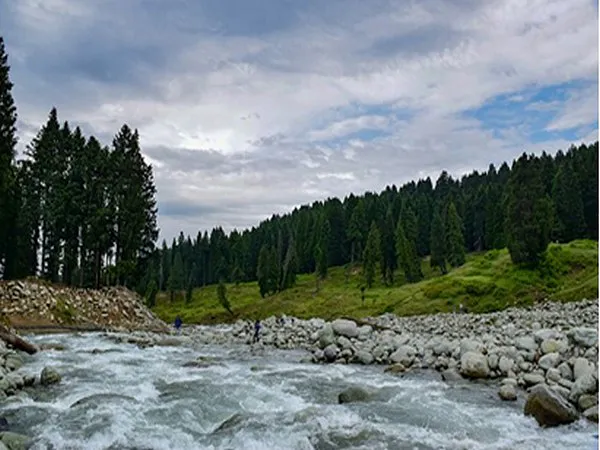After the abrogation of articles 370 and 35A in Jammu and Kashmir in 2019, the Valley has witnessed numerous opportunities to be in alignment with India, as per reports.
For over three decades, Srinagar lay at the epicentre of the increasingly bloody Kashmir insurgency but after the Central government’s move, signing up for a “terrorist group” is no longer deemed the only option for those living in the Valley, as per reports.
It is to be noted that Pakistan which has occupied a part of Kashmir, has been accused of sheltering terrorists.
Writing in The National Interest magazine, Marcus Andreopoulos said that recently the violence against civilian targets has decreased and tourism has gradually begun to return to the previously very popular region of India.
Marcus Andreopoulos further writes that the Taliban’s takeover of Afghanistan last year and coupled with concrete proof of Al Qaeda’s presence in Kabul this year, has led to worrying similarities being drawn between now and 1989, suggesting that Kashmir could once again be plunged into darkness.
The author further noted that “this time it’s different”, adding that the careful cultivation of a Kashmiri civil society and a western neighbour in turmoil means that circumstance has charted a different course for the historically challenged territory, one with less violence and more prosperity for the next decade.
Autonomy has been interwoven into the fabric of the Kashmiri identity since partition.
The author also said that the contentious abrogation of Articles 370 and 35A by the Bharatiya Janata Party (BJP) in 2019 have also, theoretically, helped lay the foundations for future prosperity in Kashmir, targeting the many concerns that had previously perpetuated the violence.
On August 5, 2019, the Central government announced its decision to revoke the special status of Jammu and Kashmir (J-K) granted under Article 370 and split the region into two Union territories.
During an interactive session in Washington DC recently, External Affairs Minister S Jaishankar said that Article 370, which gave special status to J-K, was a temporary provision of the Indian Constitution that was put to rest.
Referring to the abrogation of Article 370, the minister said, “to me, it is mind-boggling, for something whose merit is so obvious, there should even be people who could think in a different way.”
Meanwhile, a number of petitions have been filed in the Supreme Court of India including those of private individuals, lawyers, activists and politicians and political parties challenging the Jammu and Kashmir Reorganisation Act, 2019, which splits Jammu and Kashmir into two Union Territories — Jammu and Kashmir, and Ladakh.
The top court last month said that it would list the hearing of a batch of petitions challenging the abrogation of Article 370 and bifurcation of the erstwhile state of Jammu and Kashmir into two Union territories after the Dussehra break.

